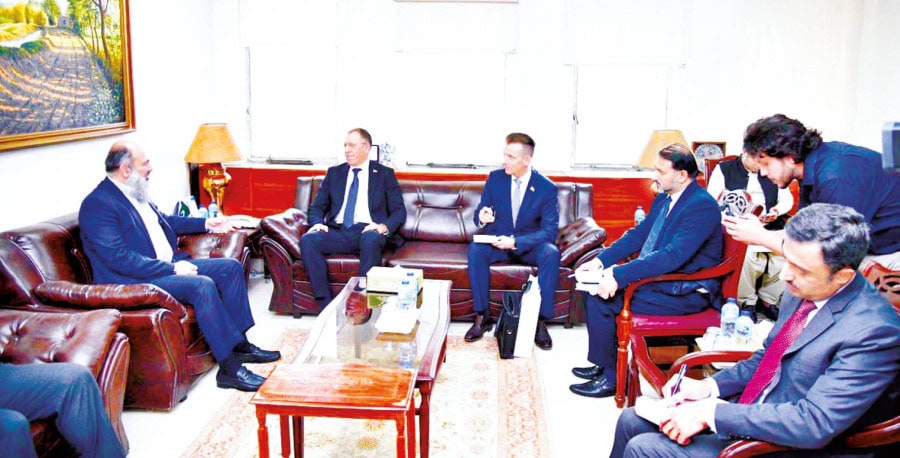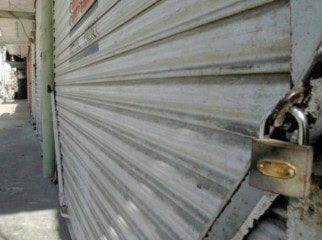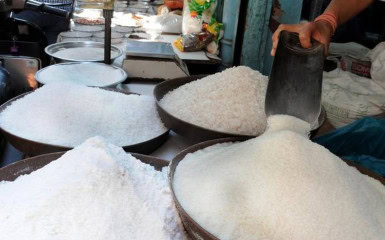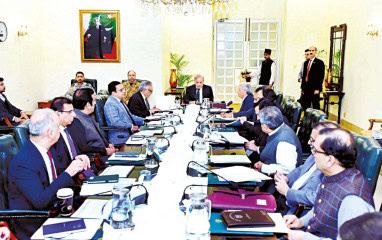Federal Minister for Commerce Jam Kamal Khan reaffirmed Pakistan’s commitment to expanding bilateral trade and industrial cooperation with Belarus during a detailed meeting with the Belarusian Ambassador, A.
Metelitsa, in Islamabad, said a release issued here.
Pakistan and Belarus prioritized to deepen industrial and textile ties and Federal Minister for Commerce Jam Kamal Khan has highlighted Joint Ventures Potential between both sides.
The meeting covered a wide-ranging agenda focused on reviving key industrial projects, enhancing textile collaboration, exploring cotton sourcing alternatives, and boosting workforce exchange between the two nations.
Central to the discussion was the reactivation of a Belarus-supported industrial plant in Balochistan—a project initially linked to DMV and Omnigroup.
Though previously delayed, the project has now regained momentum.
Minister Kamal emphasized that the Government of Pakistan prefers utilizing existing infrastructure to accelerate project timelines.
“Efficiency comes from utilizing what’s already in place.
We aim for speed and impact,” he stated.
He welcomed Belarus’s long-standing engagement in projects such as tractor manufacturing, and acknowledged active proposals from Pakistani companies like HIT and Shahzad Group.
The Minister encouraged initiatives that deliver fast results and align with Pakistan’s strategic priorities.
A key highlight of the meeting was the proposed Pakistan-Belarus textile joint venture.
Minister Kamal emphasized its importance, stating that Belarus is expected to lead the initiative with investment and technology input.
“Pakistani investment in this sector is challenging, but a joint venture with Belarusian financial and technical participation is both realistic and promising,” he noted.
A Belarusian delegation and Pakistan’s Additional Secretary have already visited the proposed site.
Discussions also included potential collaboration with institutions like Pakistan’s National Textile University to support technical assessments and consultancy for spinning machinery.
The two sides also addressed Pakistan’s growing cotton deficit, with current domestic production at just 5.5 million bales—far below the 13–15 million bale demand.
While the U.S. remains a major supplier, potential sanctions-related risks have prompted Pakistan to explore alternative sources like Tajikistan and Kazakhstan.
Ambassador Metelitsa reaffirmed Belarus’s commitment to deepening industrial and trade cooperation, particularly in sectors where Belarus has technical expertise and manufacturing capacity.
He expressed Belarus’s willingness to contribute to joint ventures through technology transfer, engineering support, and workforce training.



















